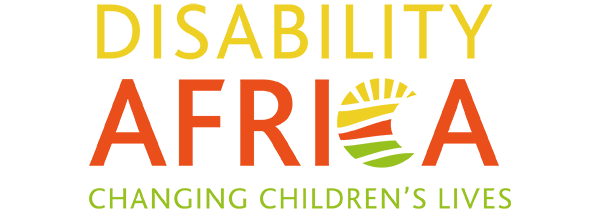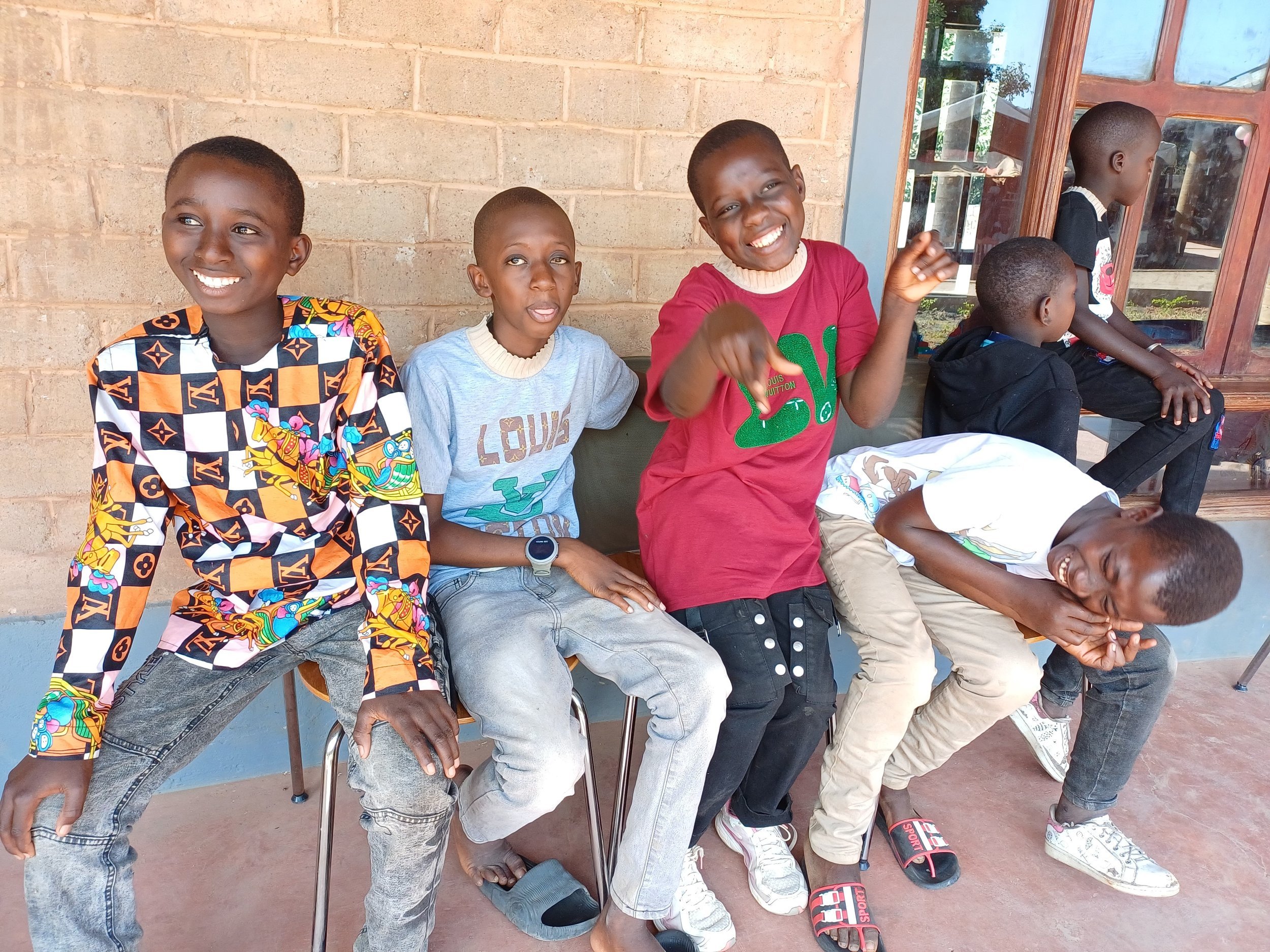The Gambia - The Gunjur Inclusion Project
Based WITHIN a rural fishing village in The Gambia, The Gunjur Inclusion Project has been working to tackle the routine exclusion of disabled children FROM GAMBIAN COMMUNITIES since 2011.
Our purpose built Gunjur Inclusion Centre is based in the heart of the community within The Gunjur. From here, our team hosts playschemes four days a week, where disabled children can come to play, socialise, learn and enjoy a range of activities. Through our medical support and outreach programs, we also offer vital healthcare access and social support to the families who access our play projects . On top of this, we partner with local NGO’s to provide mobility aids, and develop access routes into education and training..
Playschemes - at the core of our model
The Gunjur Inclusion Project is run by a talented team of locally-recruited staff – Leaders, Deputies and Playworkers. Playschemes provide the perfect opportunity for social, educational and fun interaction –immediately ending a disabled child’s isolation. Our Gunjur playscheme has already made effective impact in changing opinions in the local community, and signs of increased inclusion for disabled people in daily life and decision making, are materializing. By positively showing what disabled children are capable of , and enabling local people to share positive experiences with previously hidden disabled children, our teams are drastically transforming negative stereotypes and stigma associated with disabled people.
MEDICAL SUPPORT PROGRAM
Our Medical Support Programme is coordinated by a full-time Medical Support Officer, who visits families, arranges appointments, assessments, treatments and provides ongoing aftercare and support. In partnership with local healthcare services and partner NGO, we deliver:
Specialist food and medicines.
Access to life-changing surgery, where necessary.
Mobility equipment, such as shoes and wheelchairs.
Important and accurate information and advice for parents, to help them care for their child - this is vital in discouraging negative attitudes and superstitions, thus reducing the use of harmful traditional healing practices.
Physiotherapy. We are currently in the process of developing an In House Physiotherapy Unit, where children and their families can benefit from essential physiotherapy and advice around their mobility.
ACCESS TO EDUCATION
Playschemes offer an amazing opportunity for children to learn and develop a variety of skills. Where possible and appropriate, we also work to encourage routes for our children to access formal education and training. Some of the work we do include:
Developed partnerships with local preschool providers to sponsor our pre-school aged disabled children into high quality education. We provide support staff to help the children in the classroom.
Delivered training workshops for local school teachers to explore the problems and barriers that disabled children experience and in turn that teachers face when delivering classes.
Visit disabled children in school and their teachers to check in and review the approach out of which we get training ideas for local teachers on disability and inclusion. The aim of this is to develop and consider the skills and resources teachers need to overcome barriers to inclusion for disabled children.
Provide simple school materials for disabled children whose family cannot afford (or are unwilling to buy) the essentials.
ADVOCACY AND AWARENESS
Lamin Touray and Anchu Jah delivering a workshop on delivering Inclusive Community Play Projects at the 7th CAN Conference
Disability Africa The Gambia has developed a powerful team of advocates for inclusion, who are making incredible impact in their communities and beyond. Some of the adovocacy work delivered recently includes:
Coordinating meetings with leaders in local commnunities to advocate for the importance of inclusion and supporting their children to access The Gunjur Inclusion Project.
Supporting disabled representatives at community meetings, making sure their voices are heard within the community.
Promoting our work on local news and radio networks.
Directors Lamin Touray and Anchu Jah have lead workshops at pan African conferences on The Power of Play for Incusion, spreading their learnings beyond The Gambia.




















